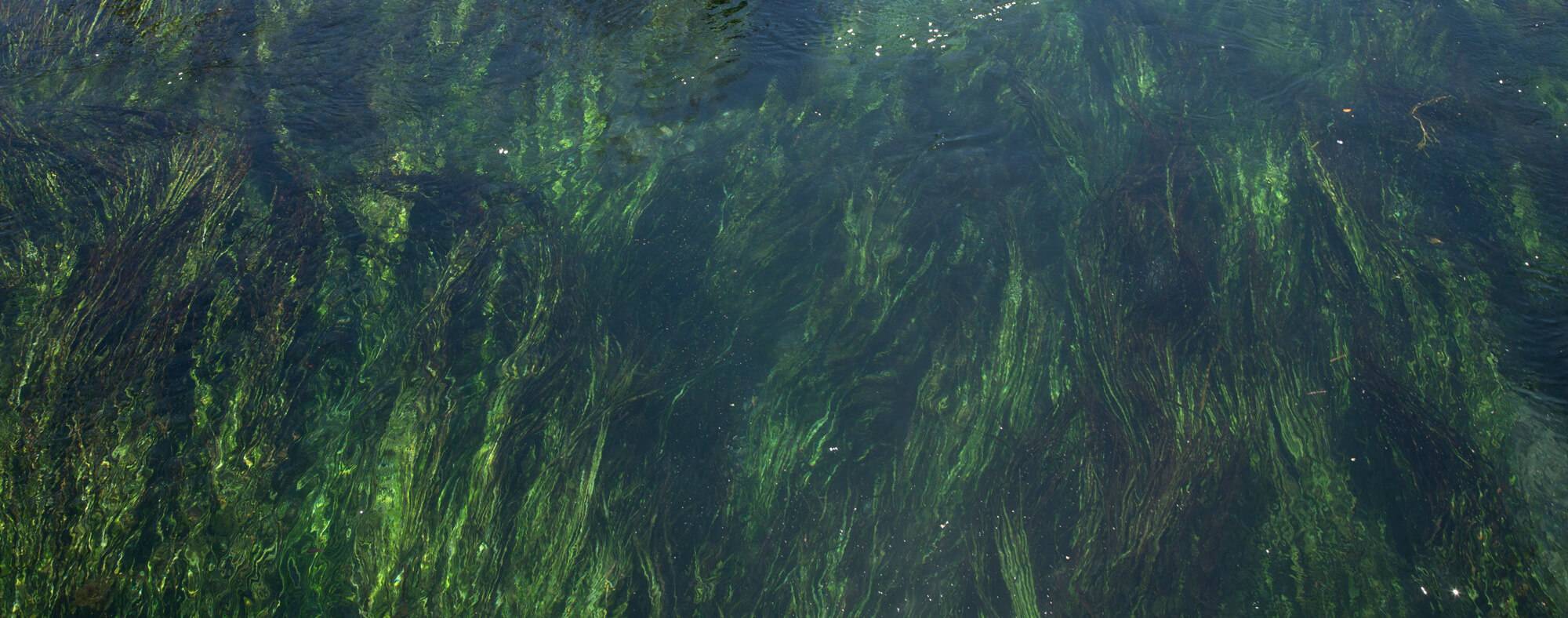United Nations Organizations
-
UN-Water, established in 2003 by the UN High Level Committee on Programmes, UN-Water is the UN Coordination mechanism for all water-related issues. Not being an organization or agency itself, UN-Water implements its activities and programs via its 31 UN organizations. Website: http://www.unwater.org/discover.html
-
Food and Agricultural Organization of the United Nations (FAO), Rome, Italy – FAO efforts focus on achieving food security on a global scale by improving agricultural productivity, bettering the lives of rural populations, and contributing to growth of the world economy, including relevant irrigation and aquaculture activities. Website: http://www.fao.org
-
United Nations Children’s Emergency Fund (UNICEF), New York, USA –The mandate of UNICEF is to advocate for the protection of children's rights, to help meet their basic needs and to expand their opportunities to reach their full potential. Water-related issues are critical to this effort. Website: http://www.unicef.org
-
United Nations Development Programme (UNDP), New York, USA – As the UN’s global development network, UNDP advocates for change and connecting countries to knowledge, experience and resources to improve human livelihoods, including facilitation of achievement of the WSSD Millennium Development Goals, including those related to sustainable water resources. Website: http://www.undp.org
-
United Nations Environment Programme (UNEP), Division of Early Warning and Assessment (DEWA), Nairobi, Kenya – Major DEWA activities include undertaking and supporting assessments of diverse thematic and geographic coverage through which science informs decision-making, providing early warning of emerging environmental issues, and promoting the necessary capacity building to facilitate such activities on a global scale. Website: http://www.unep.org/dewa/
-
United Nations Environment Programme (UNEP), Division of Environmental Policy Implementation (DEPI), Nairobi, Kenya – Major DEPI activities include capacity building to generate scientifically credible information for integrated ecosystem services into national economic and development frameworks coordinating implementation of UNEP’s Water Strategy and leading UNEP’s efforts in using sound science to apply ecosystem management to address factors causing declining ecosystem services in marine and coastal areas. Website: http://www.unep.org/depi/
-
United Nations Educational, Scientific and Cultural Organization (UNESCO), International Hydrological Programme (IHP), Paris – UNESCO’s work in the water sector focuses on hydrological science for policy-relevant advice; education and capacity building responding to the growing needs of sustainable development; and water resources assessment and management to achieve environmental sustainability. Website: http://www.unesco.org/new/en/natural-sciences/environment/water/ihp/
-
World Health Organization (WHO), Geneva, Switzerland – WHO is the health authority of the United Nations System, responsible for providing leadership on global health matters, providing technical support and policy options to countries, and monitoring and assessing health trends, including the water-related health issues. Website: http://www.who.int/en/
-
World Meteorological Organization (WMO), Geneva, Switzerland – WMO is the UN’s authoritative voice on the state and behavior of the Earth's atmosphere, its interaction with the oceans, the climate it produces and the resulting distribution of water resources, with the mandate of providing expertise and fostering international cooperation in weather, climate, hydrology and water resources and related environmental issues. Website: http://www.wmo.int/pages/index_en.html
-
World Bank, Washington, D.C. – As a vital source of financial and technical assistance to developing countries around the world, the World Bank is driven by six strategic themes, focusing on the poorest countries, fragile and conflict-affected states, the Arab world, middle-income countries, global public goods issues, and delivery of knowledge and learning services, involving both thematic and sector strategies, and country assistance strategies. Website: http://www.worldbank.org
